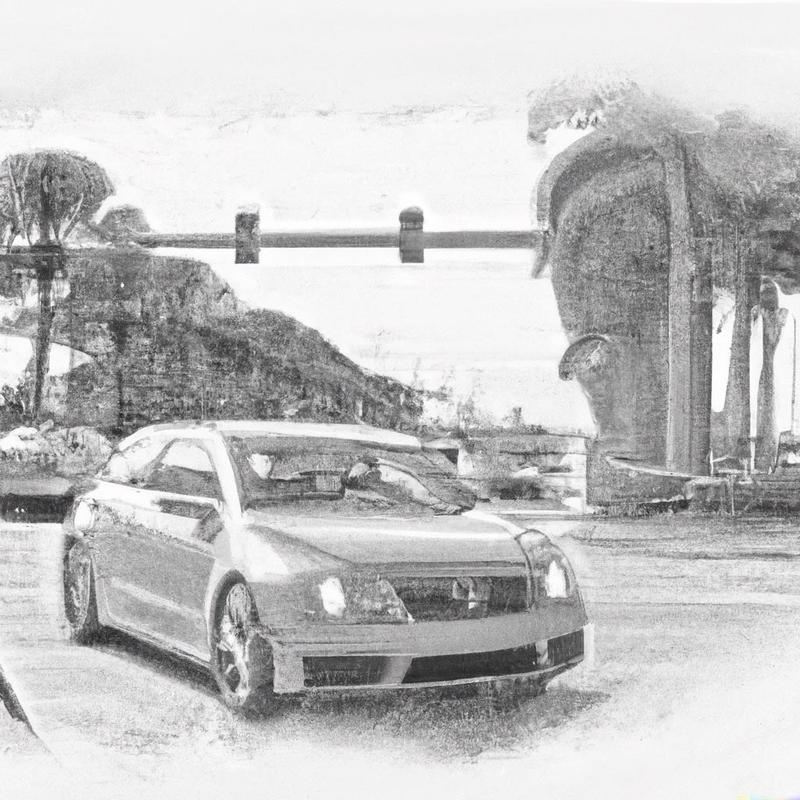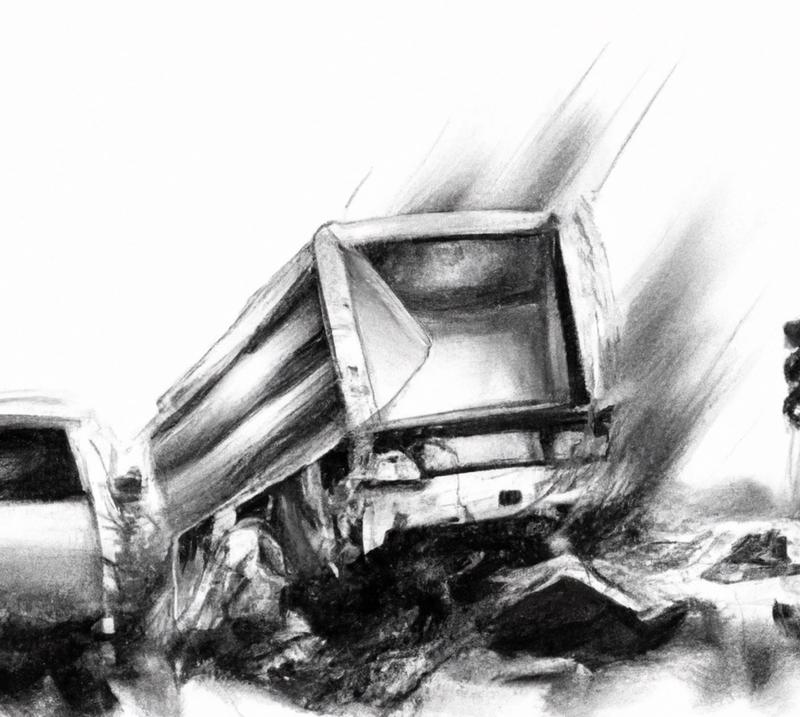

- Attn. Sarasota Florida Car Accident Victims: Here's 35 things to do to protect yourself legally after being injured in a car accident
- Seek medical attention for your injuries.
- Contact the police and file a report about the accident.
- Exchange contact and insurance information with the other driver(s) involved in the accident.
- Take pictures of the accident scene, including any damage to the vehicles and any visible injuries you may have.
- Obtain the contact information of any witnesses to the accident.
- Contact your insurance company and report the accident.
- Keep track of all medical expenses and any other costs resulting from the accident.
- Keep a record of any time you miss from work due to the accident and the resulting injuries.
Unknown block type "block.cta", please specify a serializer for it in the `serializers.types` prop
- Avoid giving a recorded statement or signing any documents without first consulting with an attorney.
- Consider hiring a personal injury attorney to help you navigate the legal process and protect your rights.
- Follow your doctor's orders and attend all recommended medical appointments.
- Do not post about the accident or your injuries on social media.
- Do not discuss the details of the accident with anyone other than your attorney and your insurance company.
- Do not accept a settlement offer from the other driver's insurance company without first consulting with an attorney.
- Keep all documentation related to the accident, including medical bills and records, police reports, and correspondence with insurance companies.
- Be cautious when speaking with the other driver's insurance company, as they may try to minimize their payout or deny your claim altogether.
- Understand the statutes of limitations in your state, as this will determine the amount of time you have to file a lawsuit.
- Be prepared to prove fault in the accident, as this will be necessary in order to recover damages.
- Be aware of any potential sources of compensation, including the other driver's insurance policy, your own insurance policy, and potentially the driver's employer if they were on the job at the time of the accident.
- Understand the types of damages that you may be entitled to, including medical expenses, lost wages, pain and suffering, and more.
- Be prepared to negotiate a fair settlement with the other driver's insurance company, or to take your case to court if necessary.


- Be prepared to attend court hearings and other legal proceedings as needed.
- Understand the role of comparative fault in car accident cases, as this may affect the amount of damages you are able to recover.
- Consider mediation or arbitration as alternative dispute resolution options, as these may be faster and less expensive than going to court.
- Be patient, as the legal process can take time and may be complex.
- Continue to seek medical treatment for your injuries until you have fully recovered.
- Keep track of any ongoing pain, discomfort, or other symptoms resulting from the accident.
- Be prepared to provide detailed testimony about the accident and your injuries if necessary.
- Understand the different types of car insurance policies and what they cover, as this will affect your ability to recover damages.
- Be prepared to provide documentation to support your claim, including medical records, bills, and other relevant information.
- Be aware of the potential for insurance fraud, and report any suspicious activity to the authorities.


- Be prepared to challenge any denial of your claim by the other driver's insurance company.
- Understand the role of expert witnesses in car accident cases, and consider hiring one if necessary.
- Understand the role of discovery in the legal process, and be prepared to participate in this process if necessary.
- Be prepared to present your case in court, if necessary, and to persuade a judge or jury of your position.



